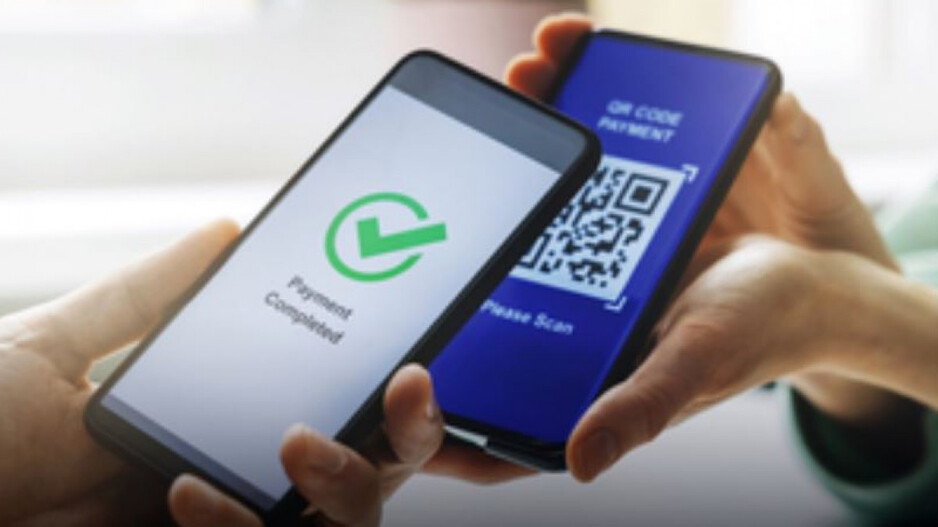

As discussions continue around the potential monetisation of UPI transactions, Reserve Bank of India (RBI) Governor Sanjay Malhotra has clarified that Indias widely used digital payment system may not remain free of cost in the long run.
Speaking during the RBI’s monetary policy committee meeting on August 6, Malhotra addressed concerns over whether charges like the Merchant Discount Rate (MDR) could eventually be passed on to users.
“I never said that it cannot remain free forever,” Malhotra said in response to a direct question on MDR and other possible user-facing charges.
MDR refers to the fee that businesses pay to payment processors for accepting card-based transactions. The governor reiterated that while UPI currently feels free for consumers, it does involve operational expenses.
“There are costs, and these costs have to be paid by someone. Who pays is important, but not as important as the fact that someone is footing the bill,” he noted.
Malhotra further explained that the UPI framework is subsidised, particularly by the government, suggesting that the perception of it being free may be misleading.
“My sense is that it is not free even now, and someone is paying for it. The government is subsidising it, but somewhere, the costs are being paid,” he said. While affirming that users are not currently being charged directly, Malhotra emphasised that the question of who should bear these costs remains central to the ongoing policy debate.
“The real question is: who pays for it? That is the question,” he stated, while underlining that the final call on pricing or subsidy decisions lies with the finance ministry.
His remarks come at a time when certain banks have reportedly started applying charges on specific UPI transactions, particularly those involving payment aggregators or select merchant types, raising fresh concerns about the sustainability of the zero-fee model.
For clarifications/queries, please contact Public Talk of India at:
+91-98119 03979 publictalkofindia@gmail.com

For clarifications/queries,
please contact Public Talk of India at:

